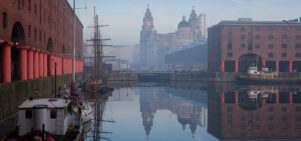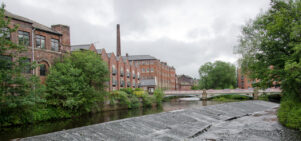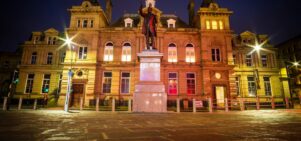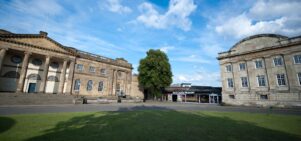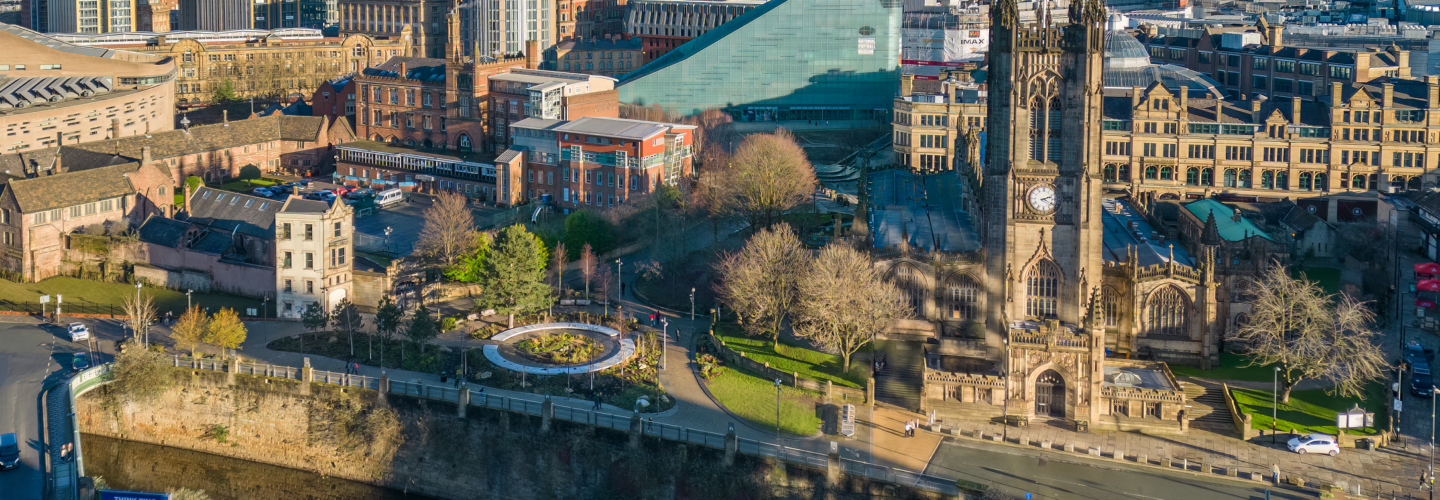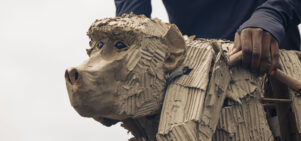“I’m trying to find something that makes me both laugh and cry”: Alan Bennett’s People
Kevin BourkeWe talk to the playwright and reluctant national treasure as his latest play heads to The Lowry next month.
Speaking with Alan Bennett is a rare pleasure. Hilarious yet softly spoken, clever and self-deprecating; the writer has you hanging on his every charmingly diffident word. It’s little wonder he is so often lumbered with the “national treasure” label – but just let him hear the phrase and it’s the closest you’ll come to being met with an uncharacteristic grimace. “It’s very nice to be appreciated but at the same time, you don’t want to be made to write in a certain way just because that is what your public expects,” says Bennett, who recently released the X-rated Smut: Two Unseemly Stories in a sort-of attempt to out-flank public expectation.
What Bennett didn’t expect though, was criticism for his latest play, People which comes to The Lowry next month after a sellout run at the National Theatre. Following two sisters as they struggle to maintain their crumbling South Yorkshire estate, it was, to some eyes, a dig at the National Trust. For Bennett however, People is a way for him to express his confusion at the practice of visiting and preserving heritage properties. “When I go around country houses and I look at other people, I think, ‘What is it they come for?’” he explains. “The fact that you can only very rarely explain why you’re there depresses me. That’s what it came out of.”
To some eyes, the play is a dig at the National Trust
Perhaps not a direct hit at the National Trust, what People does do is explore the complicated issues surrounding historic building preservation. “It’s not some sort of criticism of the National Trust, it’s about the business of looking at country houses, conservation and how you present these places,” says Bennett. “I can’t settle it in my own mind and I suppose that’s why I wrote the play.” The piece may be provocative but its cast of complex characters is extremely funny, rather than simply comic. “Something that makes me both laugh and cry is what I’m always trying to find,” says Bennett.
It was a character outline that started People’s writing process. “I started with the image of a woman, in a shabby fur coat with gym shoes,” says Bennett. “I just saw that and then began to think ‘what is she doing here and where does she belong?’ Then it took in things I remember from my childhood.” These memories included visits to 17th-century house, Temple Newsam in Leeds. “It had a good collection of furniture, a long gallery and some of the city’s collection of Cotman drawings and watercolours,” says Bennet. “I saw Temple Newsam as a wonderfully ancient and romantic place but it wasn’t really, having been heavily restored and re-modelled in the 19th century.” Despite this nostalgia, Bennett is adamant that People is not a lament for a lost England. “I don’t really lament it,” he says.
The play sees Bennett reunite with director Nicholas Hytner, who he worked with on The History Boys, The Habit of Art and The Madness of George III. “It wasn’t like anything else I’d done,” Hytner remembers on reading the play for the first time. “Everywhere nowadays has its price and the more inappropriate the setting the better, or so it would seem.” This uncomfortable reality is perhaps summed up by one of People’s own lines: “There is nowhere now that is not visitable,” says the National Trust representative in the play’s ending scenes. “That at least the Holocaust has taught us.”

